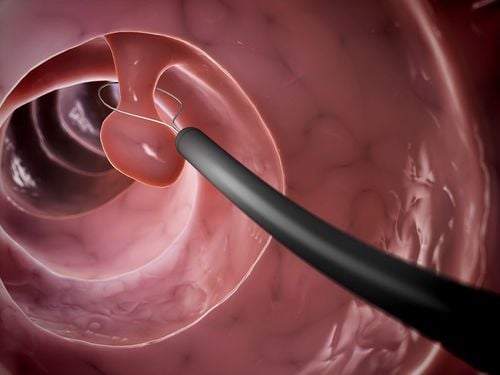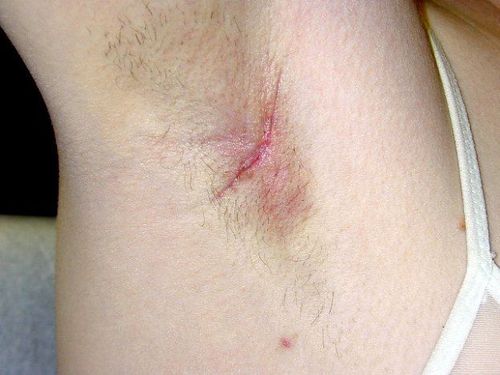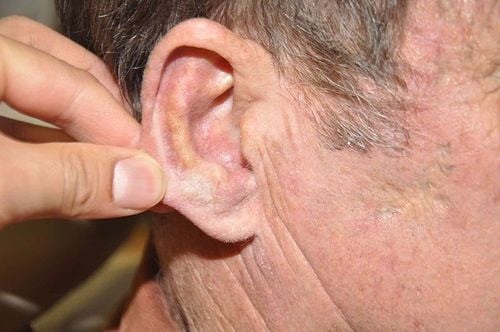Nội dung bạn đang tìm kiếm không có phiên bản tiếng Việt.
Vui lòng chọn tiếp tục để xem nội dung tiếng Anh hoặc đi đến trang chủ Tiếng Việt.
Rất xin lỗi về sự bất tiện này.
Oncology


Are atypical cells cancerous?
Cancer screening is being increasingly prioritized in Vietnam. The presence of atypical cells in Pap smear or biopsy can concern patients. However, atypical cells are not necessarily cancer cells.
View more

Is malodorous urine a sign of cancer?
The odor of urine can be influenced by food and medical conditions. Some types of cancer may cause malodorous urine; however, the human nose cannot detect this.
View more
Latest articles

Do colon polyps grow back after removal?
Colon polyps are usually benign, but doctors often recommend removing them as they may develop into cancer later. So, do colon polyps grow back after removal?
View more

10 Foods to Eat During Cancer Chemotherapy
A healthy, balanced diet during chemotherapy treatment for cancer is important to keep your body functioning optimally. Foods that taste mild, are easy to digest and are rich in nutrients are one of the best options.
View more

At what size should an ovarian cyst be operated?
Ovarian cysts are a common gynecological disease in women of childbearing age. Treatment can be supported by medication or surgery. However, many women often wonder about the size of ovarian cysts which should be operated. Find out through the following shares from gynecological experts at Vinmec.
View more

Should People Over 30 Get the HPV Vaccine?
Diseases related to the reproductive system, such as cervical cancer, are on the rise. The primary cause of cervical cancer is the human papillomavirus (HPV). Therefore, getting the HPV vaccine as soon as possible can help reduce the risk of developing this disease. Many questions arise regarding whether individuals over 30 years old can receive the HPV vaccine. This article aims to address that question.
View more

Does Chocolate Harm Cancer Patients?
There is no evidence that chocolate can cure cancer or provide significant benefits for individuals with cancer. Chocolate remains a type of candy high in fat and sugar, so it should be consumed in moderation, regardless of whether a person has cancer.
View more

Monitoring head lumps
When unusual lumps appear in the head, many people feel worried. Many reasons can cause these lumps and each cause requires appropriate monitoring and treatment measures
View more

Swollen lymph nodes after plucking armpit hair, is it dangerous?
Lymph nodes are part of the body's immune system, acting as filters that remove potentially harmful substances from the body. Swollen lymph nodes in the armpit can be a sign of infection or injury. In particular, swollen lymph nodes after plucking armpit hair is a risk factor for local infection. One should not dismiss and overlook other causes of swollen lymph nodes.
View more

Can chronic pharyngitis progress to cancer?
Complete treatment for pharyngitis requires time, while patients often stop medication once symptoms improve, causing the pharyngitis to become chronic. If not diagnosed and treated in time, the disease can lead to serious complications, including nasopharyngeal cancer.
View more

